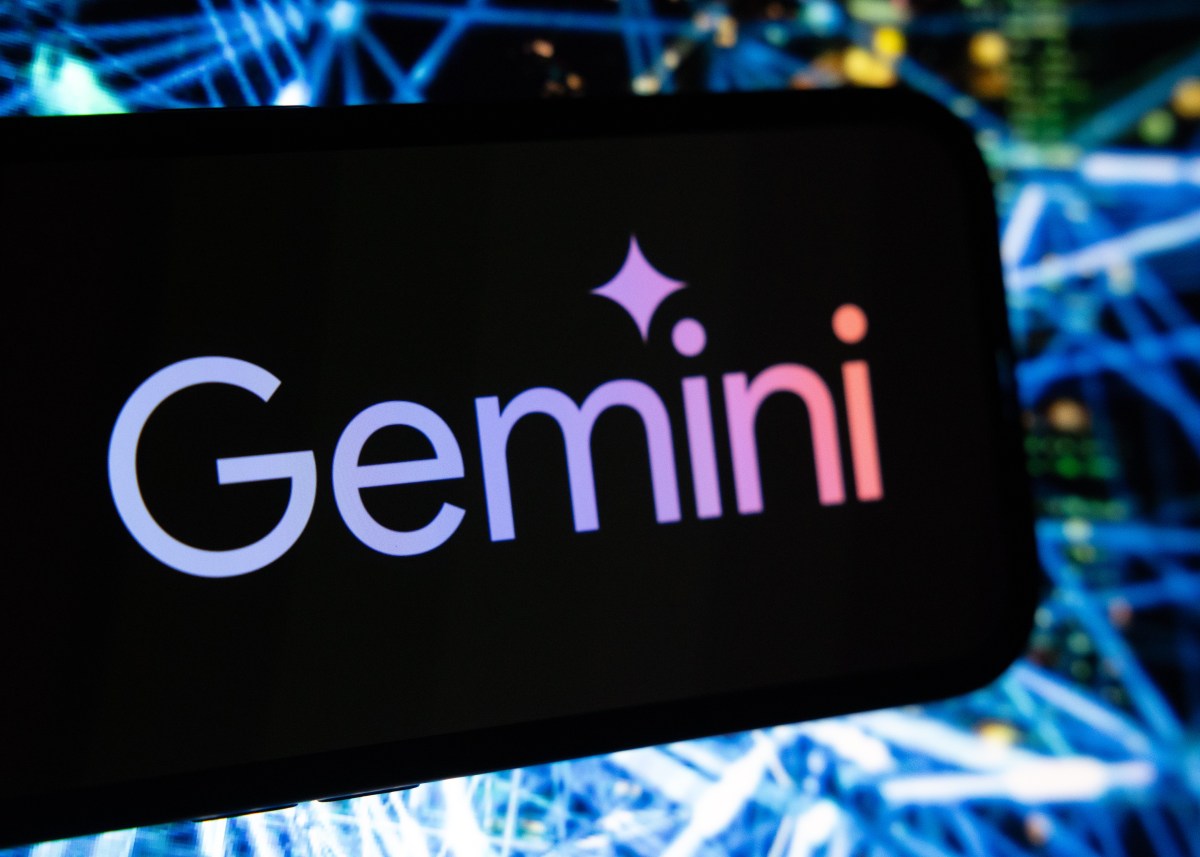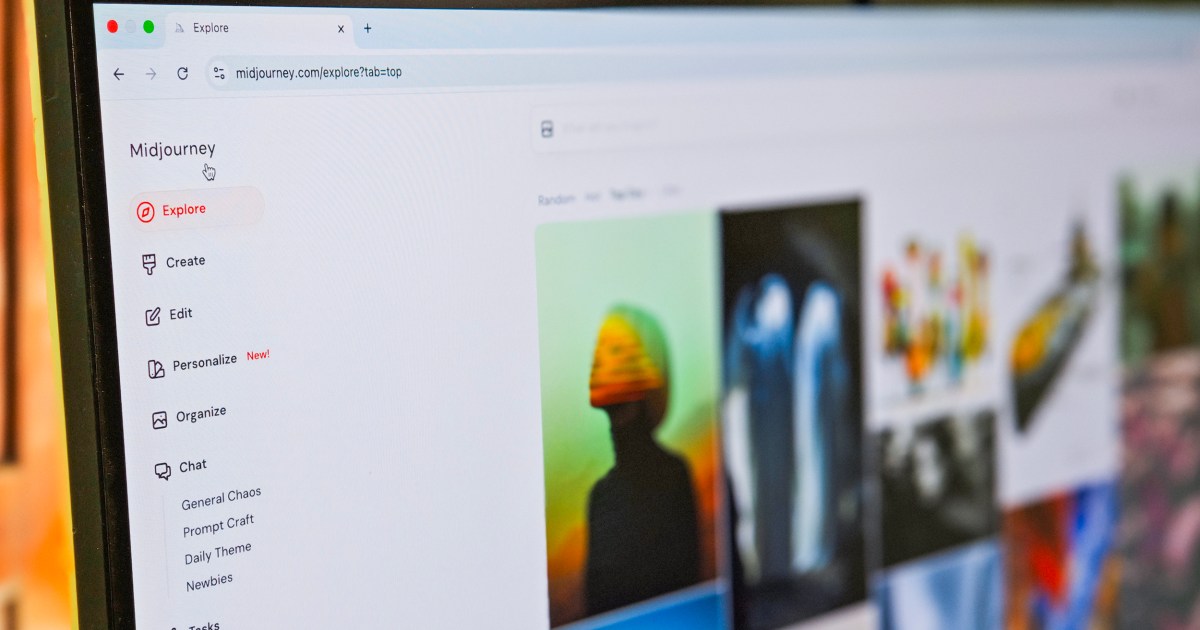
Elon Musk's artificial intelligence company, xAI, unveils an API for Grok 3.
Elon Musk's artificial intelligence company, xAI, has launched an API for Grok 3, its main model that was released earlier this year.
Elon Musk has received a counterclaim from OpenAI, but this does not affect the availability of his company's flagship model, Grok 3, which is now offered through an API. Several months have passed since its launch, during which xAI has presented Grok 3 as an alternative to models like OpenAI's GPT-4 and Google's Gemini. This model has the capability to analyze images and answer questions, and it serves as the engine behind various features on the social network X, which xAI acquired in March.
Grok 3 is available in two versions through its API: Grok 3 and Grok 3 Mini, both with "reasoning" capabilities. The cost of Grok 3 is $3 per million tokens (approximately 750,000 words) input into the model and $15 per million tokens it generates. On the other hand, Grok 3 Mini is offered at a price of $0.30 per million tokens for input and $0.50 per million tokens for output. There are faster versions of both models available for an additional cost: $5 per million tokens for input and $25 per million for output for Grok 3; and $0.60 for input and $4 for output for Grok 3 Mini.
In comparison to the competition, Grok 3 is not the most economical model. xAI has aligned its prices with those of Anthropic's Claude 3.7 Sonnet, which also has reasoning capabilities, although it is more expensive than Google's recently launched Gemini 2.5 Pro, which has received generally higher scores on artificial intelligence benchmarks. However, xAI has faced criticism for presenting assessment reports of Grok 3 that could be misleading.
Additionally, some users on X have pointed out that the Grok 3 API has a more limited context window than the model should support. The API caps at 131,072 tokens, which is roughly equivalent to 97,500 words, far below the million tokens that xAI had claimed Grok 3 could handle.
When presenting Grok about two years ago, Musk described the AI model as bold, unfiltered, and against "cancellation," promising that it would be willing to address controversial questions that other AI systems would not touch. He partially fulfilled that promise; for example, Grok and Grok 2 would respond to requests to be vulgar, using colorful language that you wouldn't see in ChatGPT. However, earlier versions of Grok 3 showed hesitations on political topics and avoided certain boundaries. In fact, a study found that Grok tended to lean left on issues such as transgender rights, diversity programs, and inequity. Musk has attributed this behavior to Grok's training data—public web pages—and has promised to "bring Grok closer to political neutrality." So far, aside from notable errors like the temporary censorship of unflattering mentions of Donald Trump and Musk, it is unclear whether xAI has achieved that goal in the model and what long-term repercussions it may have.




